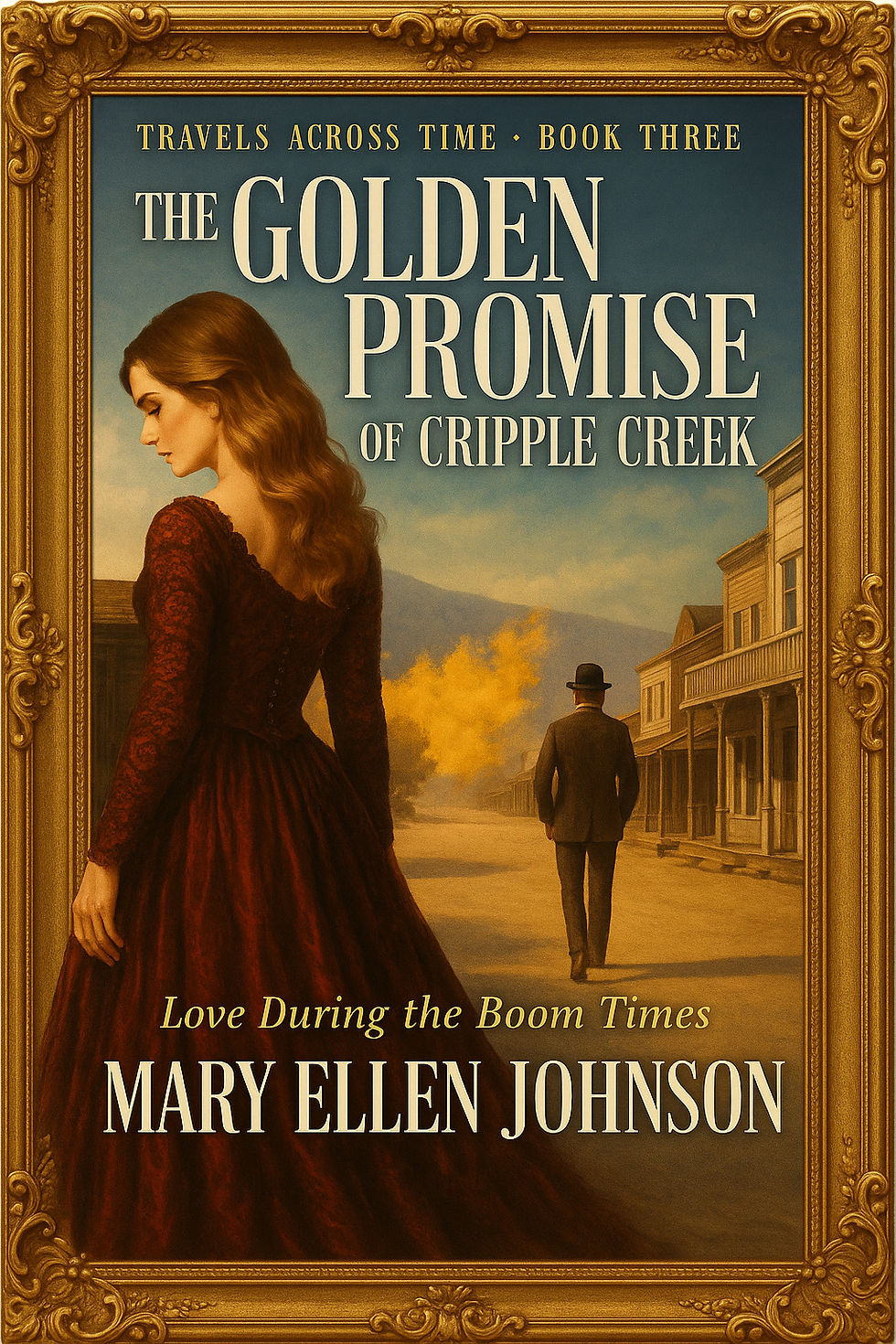Author Site That Allows Us to Share Our Favorite Books
- Mary Ellen Johnson
- Nov 11, 2022
- 4 min read
Recently I was contacted by founders of the site https://shepherd.com/ Discover the best books 📚
Their mission is to not only share the author's work with the public, but the author's five favorite books on the related subject.
I was happy to promote my six book Knights of England series., which spans the tumultuous 14th century and which, at least in my framing, wrestles with dilemmas that regularly make an appearance on some form of social media--plague, wars, climate change, inflation, civil wars and rebellions, corrupt goverment and spineless politicians who refuse to stand up to despots. Sound familiar?

The Black Prince by Michael Jones: Fortune's wheel was a common metaphor during the Middle Ages. Rising to the apex of personal and professional success only, as fortune's wheel continues its inexorable turning, to be ground to powder. I'm a sucker for such stories, particularly when I'm a fan of the individual. Then I wish I could rewrite my hero's ending so he's allowed another glorious half turn where he's granted the serendipitous fate I think he deserves. Such is my thwarted desire for Edward the Black Prince who, when he died, was described, even by his enemies as "the flower of chivalry of all the world. " England's greatest knight, leading his troops to victory at Poitiers and laying waste to the French during the beginnings of the Hundred Years War. (Great for the English and their economy; horror for the French, particularly those villeins unfortunate enoough to find themselves in the path of Edward's chevauchees.) A soldier's soldier possessing Indomitable courage and strength of will. Yet, when brought low by the illness that ultimately killed him, Edward of Woodstock accepted his fate with grace, dignity and humility. Michael Jones recounts the Prince's life with such skill it often reads like a novel.

A Time Traveler's Guide to Medieval England by Ian Mortimer: My bible when it comes to reconstructing my favorite time period. What was the physical landscape? What sort of games did medieval men and women play? What did they find amusing, horrifying, enjoyable? Did they bathe, brush their teeth, wear undergarments? Ian Mortimer answers all these questions and more. Indispensable to anyone who would like to know more about our ancestors, or who simply enjoys a delightful read.

1381 The Year of the Peasants Revolt by Juliet Barker: England's Black Death of 1348-1349 led inevitably to the Peasants Revolt three decades later. All of us who have speculated on the repercussions of COVID would be well served to read Juliet Barker's book. The events from that past provide a blueprint to our future. The effects of so many dead on the remaining populace; the various migrations; inflation; discontent; the inability of the government to maintain the status quo in the time before the Death. It's all there--the good, the bad and the ugly which we, like our forbears, will be dealing with for generations to come.

Forget the Wars of the Roses! The fourteenth century, particularly as embodied by England's "perfect king" is far more fascinating. Edward III's father, Edward of Caernarvon, enjoyed thatching roofs, digging ditches, swimming in the Thames and consorting with his lowborn subjects, all traits we might find endearing but which horrified his people. On the other hand, Edward III embodied the ideal traits of a medieval monarch. He was a successful warrior king along the lines of the mythical Arthur, guiding England from a backwater nation to a European powerhouse. Edward was a competent and thoughtful ruler. For example, he allowed his returning soldiers to keep the booty they'd obtained from their campaigns knowing that would add to his nation's prosperity. Edward's love of grand chivalric gestures and over-the-top pageantry might be frowned on today, but they further endeared him to his people. Sadly, as Edward aged, his golden reign became increasingly tarnished. Like his son the Black Prince, Edward of Windsor was brought low by fortune's wheel. His is another life I wish I could re-write in order to concoct a happier ending. Still, more than seven centuries after his death, Edward of Windsor remains one of England's most successful monarchs.

The Three Edwards by Thomas Costain: Thomas Costain's series on the Plantagenets was my first introduction to the bizarre but fascinating world of medieval England. Who are these people? I wondered. Why do they pray to God one minute and lop off someone's head the next? What's all this business about courtly love? Chivalry? Who are these crazy kings?
What is it about this era that continues to resonate? What myths are more ubiquitous than those of Arthur, Lancelot and Guinevere and the knights of the round table? Robin Hood? Who hasn't at least heard of Richard the Lionheart and the Black Prince? Why do we still use the phrase "knight in shining armor?" Why do millions visit Britain's castles and cathedrals annually? Costain may not directly answer these questions but his obvious love of that bygone age was impossible for me, as a young girl, to resist.
https://shepherd.com/ Discover the best books 📚
Check out my submission:
The best books on why the 14th century mirrors our own ideals, economy, and pandemic.





Comments